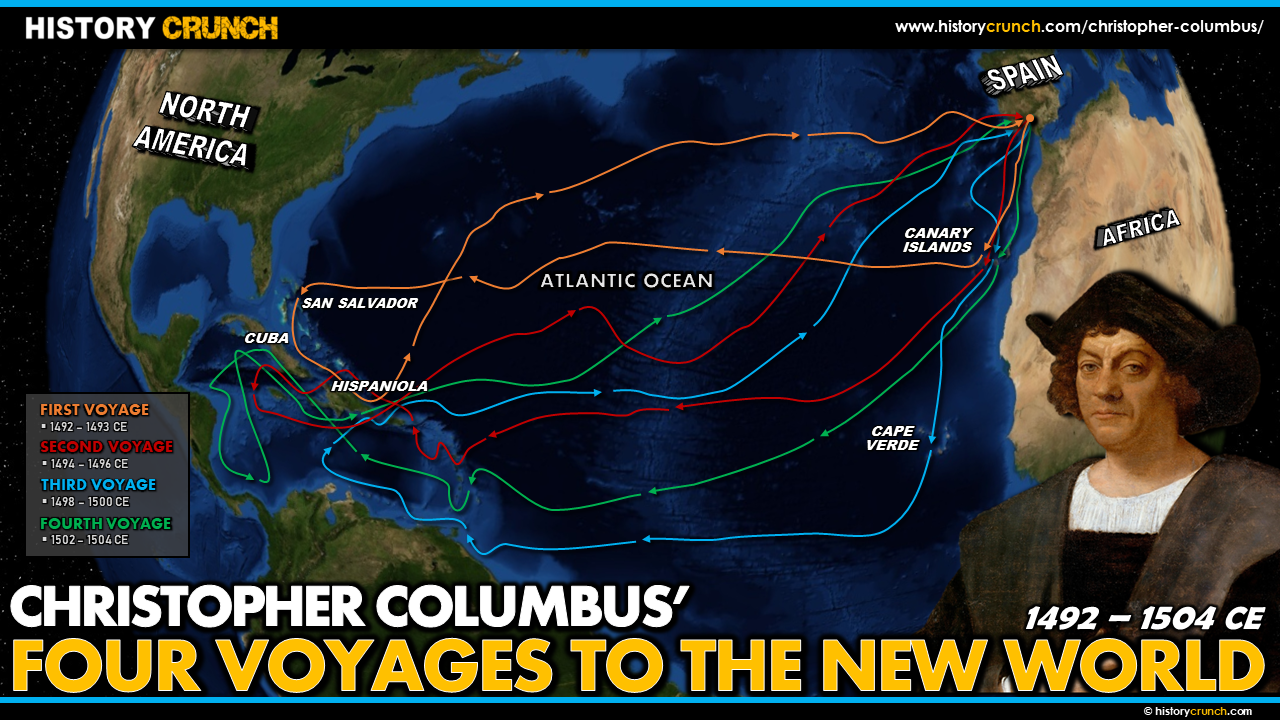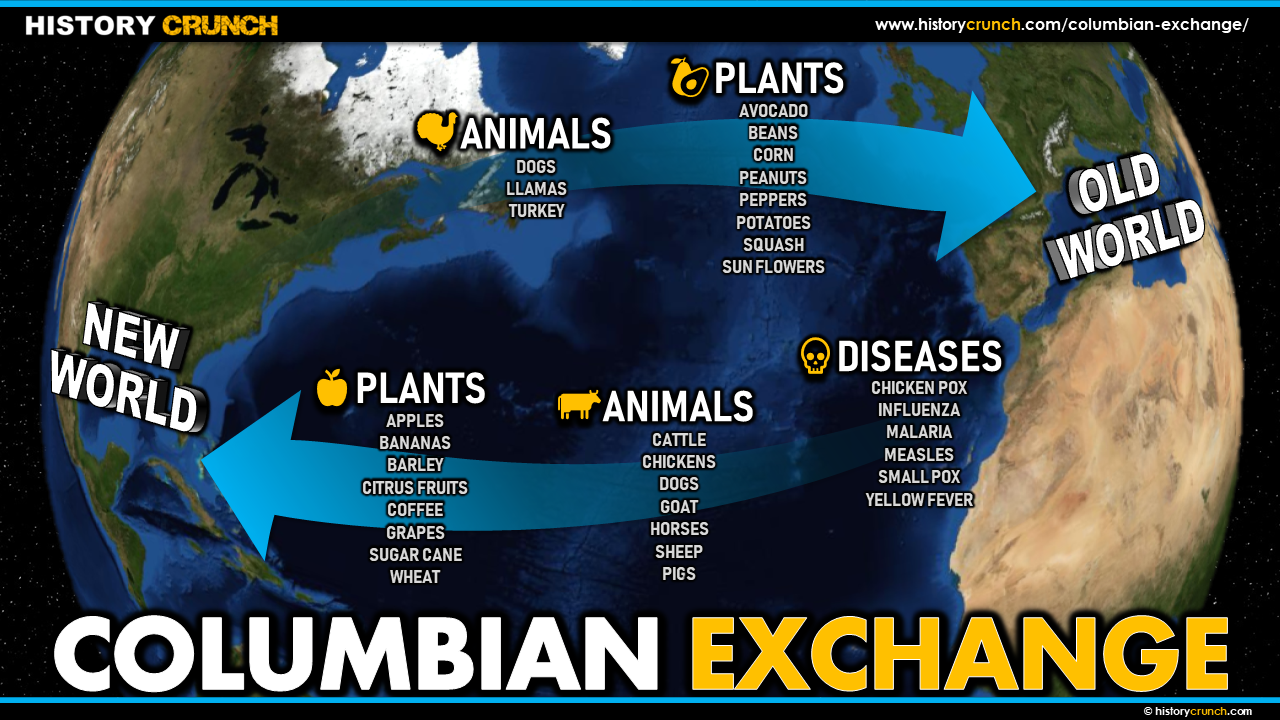CHRISTOPHER COLUMBUS' LEGACY
Christopher Columbus is one of the most significant figures in all of World History and is particularly important to major world events such as the Age of Exploration and Renaissance. His four famous journeys to the New World in the late 15th century and early 16th century altered the history of the world and led to a mass migration of people from the Old World to the New World. Today, he is best remembered as a famous European navigator, explorer and colonizer.
Christopher Columbus’ arrival in the New World in 1492 has been celebrated throughout history and across both the Americas and in Spain. For example, in the United States, Columbus Day occurs every year on the second Monday of October, to roughly correspond with Columbus’ arrival on his first voyage. Some argue against celebrating Columbus as a historical figure due to the violence and brutality that resulted from his arrival and actions in the New World.
With that said, Christopher Columbus has left a lasting legacy on the world and his four voyages are some of the most significant events in all of world history. His first voyage to the New World inspired countless other European explorers to make their own journeys. For instance, Columbus’ voyages inspired fellow Spanish conquistadors such as Hernán Cortes and Francisco Pizarro. Cortes led a 16th century mission that eventually overthrew the great Aztec Empire of central Mexico, while Pizzaro led another mission to overthrow the Inca Empire in modern day Peru. This eventually led to mass migration of European settlers to the numerous colonies of the Americas and fundamentally altered life for people on both sides of the Atlantic Ocean.
As well, Columbus’ second voyage to the New World is considered to be the event that start the ‘Columbian Exchange’ between the New and Old Worlds. The cargo and people that Columbus brought with him on the second voyage started a ‘grand exchange’ and revolution between the New World and the Old World that would alter the world forever because he had brought with him seeds, plants and livestock that were not originally occurring in the New World. The major exchange between the two worlds centered on the exchange of plants, animals, and diseases. Although the exchange began with Christopher Columbus it continued and developed throughout the remaining years of the Age of Exploration. Ultimately the Columbian Exchange impacted the social and cultural makeup of both sides of the Atlantic and dramatically impacted the people living in these regions. Click the link above to read more about the details and impacts of the Columbian Exchange.
CITE THIS ARTICLEAUTHOR
|
|


